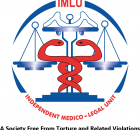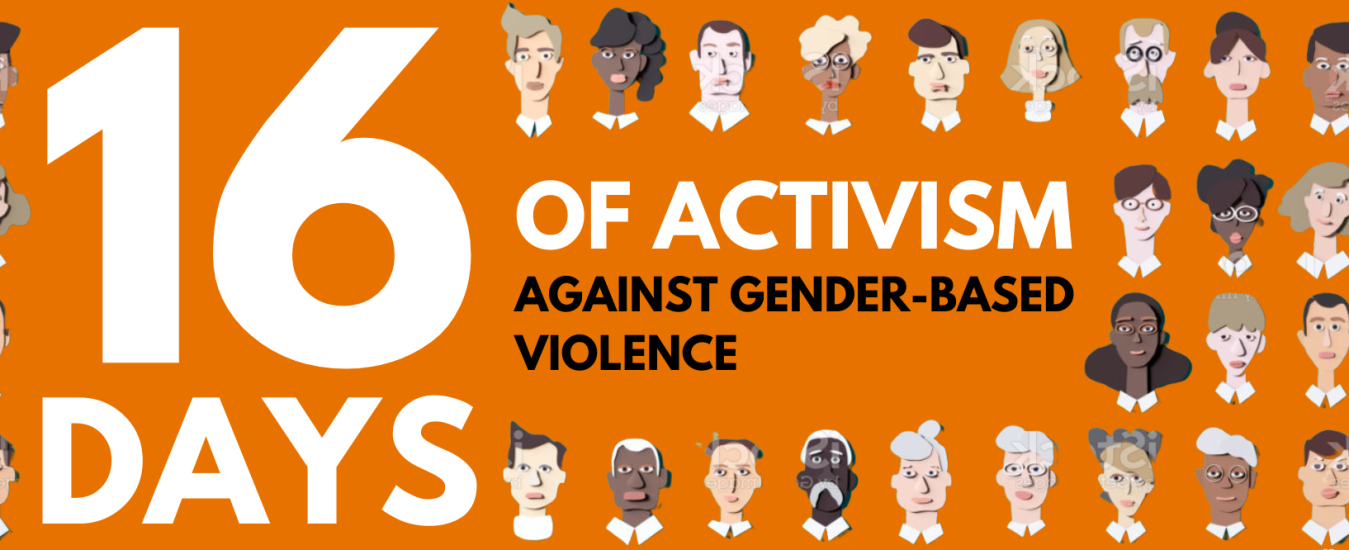By William Omondi
The African Union has been at the forefront of legislating on documents and establishing frameworks on issues of gender. Article 4 of the Constitutive Act, 2020 of the African Union recognizes the “promotion of gender equality” among its principles. Agenda 2063 of the Union envisions mainstreaming gender equality by 2063. The Union’s Gender Policy of 2004 is founded on the agenda of expediting the attainment of “gender equality, fairness between men and women, non-discrimination and fundamental rights in Africa.” It further seeks to protect women against violence and rape and eradicate gender-based violence.
SGBV remains rampant in Africa with women as the most affected group. For instance, in 2007, Nigerian teacher and a mother of two children; Oluwatoyin Oluwasesin was lynched by her students. They accused her of desecrating the Holy Koran for her attempt to prevent them from the malpractice of entering the exam room with copies of the Holy Koran during a National Religious Knowledge Exam. She had also barred other errant students from replicating the same act with copies of the Holy Bible. Together with the area residents, the aberrant candidates dragged her from the school headmaster’s office, stripped her naked, beat her up, stoned her and stabbed her to death then burnt her dead body. Violence against the education of African females continued with the kidnapping of girls from Chibok Secondary School in Nigeria. About 276 school girls were kidnapped by the Mohamed Yusuf-led Boko Haram militia group. It took the appeal of the international community and the Nigerian Government for the girls to be released. Rescue operations traced the girls to Cameroun and Gabon where the militia group had forcefully turned them into their wives.
In East and Central Africa the Lord’s Resistance Army militia group and their leader Joseph Kony commit SGBV. They recruit boys as militia and kidnap girls who members of the group forcefully take as wives. Efforts by governments of Uganda, South Sudan, Democratic Republic of Congo and Central African Republic and the International Community have not curbed the menace.
In Kenya, the COVID-19 pandemic contributed to SGBV. The UN Country Team in Kenya recorded 3,650 cases of SGBV between March and July 2020. The UN partly attributed surge in cases of SGBV during the COVID-19 pandemic to omission of representation of the Ministry of Public Services and Gender in the National Emergency Committee on Corona Virus. Issues of gender were equally not coopted in the COVID-19 response plan at national and community level.
In its publication titled Gender Sector Statistics Plan, the Kenya National Bureau of Statistics highlights gaps in an inadequate supply of gender statistics for evidence-based policy formulation planning and budgeting, a dearth of technical expertise to generate statistics on gender; omission of women’s contribution to the economy in official statistics; a weak National Statistical System (NSS) whose operations are hampered by poor coordination, low levels of engagement among stakeholders and financial challenges. The fight Against SGBV in Africa must embrace evidence and statistics.

